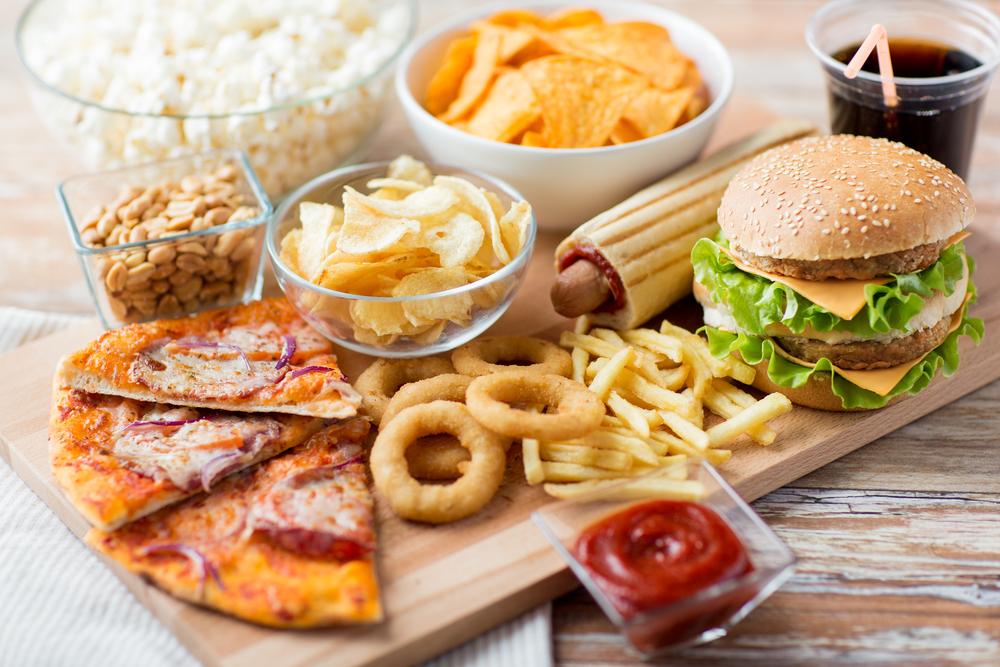
Foods to Avoid with COPD
COPD does not have a cure and is chronic. The disease can only be managed through medication and diet. Doctors may prescribe inhalers, medication, or surgery. In rare cases, a lung transplant may be done. If diagnosed with COPD, nutrition is given the most importance.
What not to eat
The goal is to avoid anything that could be detrimental to COPD patients. Lifestyle changes normally include being physically active. However, with fatigue setting in easily, medication and diet are two changes that can help improve flare-ups and symptoms of COPD. Another way to avoid flare-ups is to avoid all foods that can aggravate the symptom. Every food item affects people differently. These are the general guidelines of what can help the symptoms of COPD. Talk to your doctors and nutritionists before making a diet plan. Remember, COPD is a life-long condition so one has to do their best to stick to these plans.
- High-histamine foods
COPD leads to the excess production of mucus. Histamines are produced in our bodies to fight allergies. They help fight allergies and produce too much mucus. Some high-histamine foods that need to be avoided are yogurt, sour cream, pickled vegetables, and alcoholic drinks. - Caffeine
Caffeine is a stimulator and can increase signs of restlessness. It can also lead to exacerbation of COPD symptoms. Coffee, tea, green tea, and chocolate should be avoided. Caffeine increases mucus production and hence, needs to be avoided.
- Sodium
High-levels of sodium cause water retention. Water retention can lead to breathing problems and breathlessness. High sodium in food also leads to blood pressure. Avoid salt when cooking and always look at labels before buying a product. - High-calorie food
This is not a general recommendation and applies only to those with COPD. Most people with COPD tend to be underweight and hence should have high-calorie foods. However, many have a high BMI and need to stay off carbs, sugar, starch, and fatty foods so that they can maintain weight within recommended limits. - Cold cuts of red meat
Cold cuts and processed meats like bacon, ham, and hot dogs contain preservatives and are high in nitrates. A chemical overload can affect COPD negatively. Even small portions can cause a sense of discomfort. It is best to avoid red meat and opt for lean meats. Processed meat increases mucus content and hence, should be avoided. - Gassy foods
Fiber-rich foods can cause bloating. Gas and bloating can aggravate breathing problems. Fried foods, aerated and carbonated sodas, legumes, lentils and pulses, and cauliflower and cabbage are some of the items that have to be avoided. - Aerated and carbonated foods
Artificial sweeteners, colors, and preservatives in these drinks can all negatively affect people with COPD. Chilled beverages can also induce a cough that can add to the feeling of breathlessness. - Bad fats
Many with COPD lose weight or gain weight. However, the weight gain has to be with high-calorie food and not through unhealthy foods. Readymade, processed, and packed food contain these fats and should be avoided. - Fried food
Fried food takes time to break down during digestion and also causes bloating, hurting the diaphragm. This can add to breathing problems. - Processed food
Foods that are full of synthetic food additives and preservatives can negatively affect a patient with COPD, increasing symptoms of breathlessness. Cakes, cookies, and packaged snacks should all be avoided.



